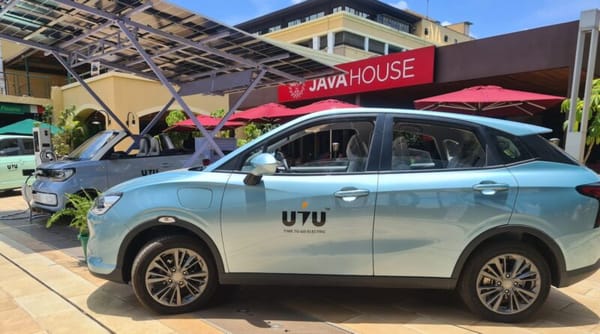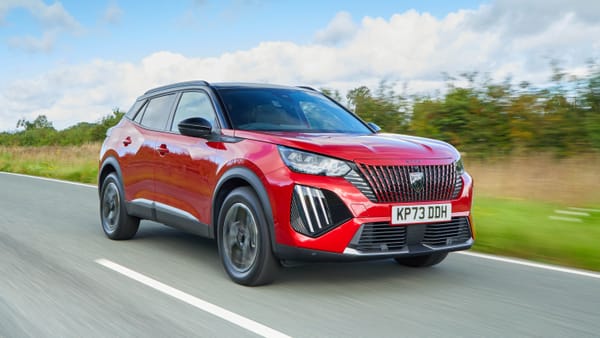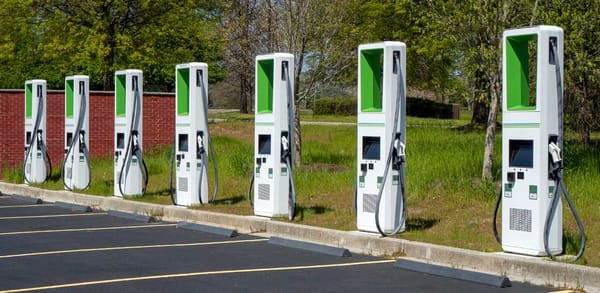Future possibilities of EV factory in Africa and advantages.
Africa has been a dumping site for second-hand vehicles for a long time. The continent can move fast when they work in solidarity to come up with an electric vehicles factory
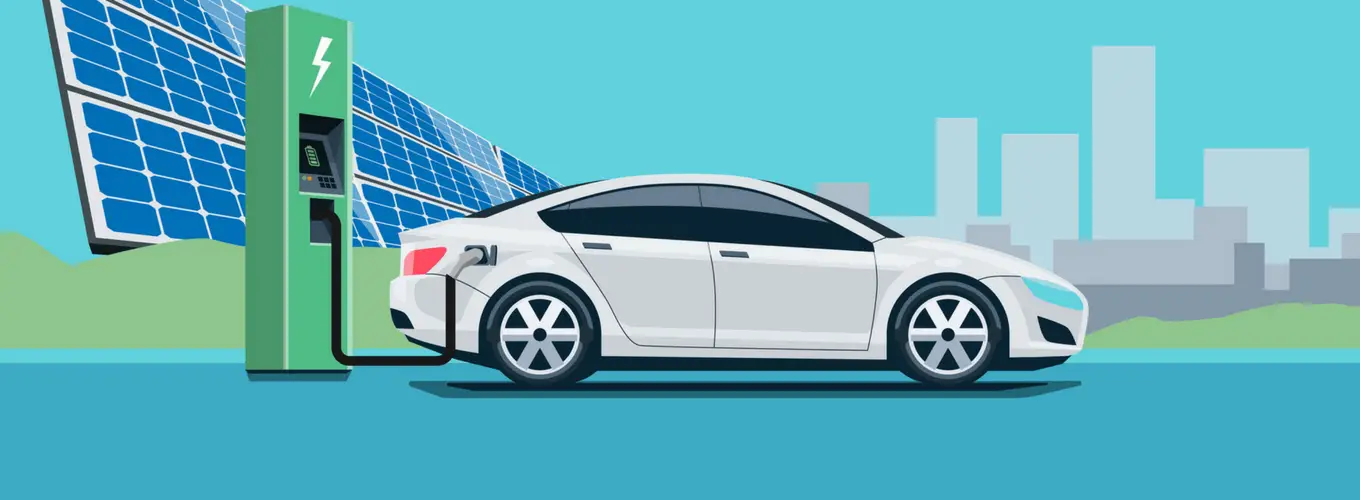
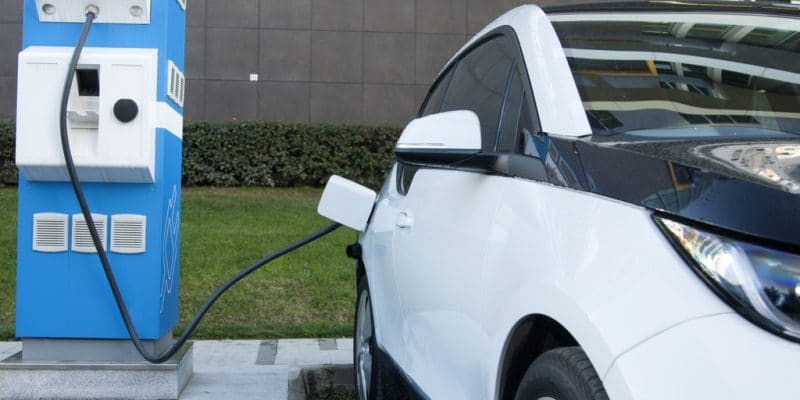
Africa has been a dumping site for second-hand vehicles for a long time. The continent can move fast when they work in solidarity to come up with an electric vehicles factory which will see many vehicles being manufactured or assembled here in the continent.
The key auto hubs, South Africa and Morocco, have hinted at mega and giga factories in their electric cars bid to remain relevant and tap a fast-rising global market. Mineral-rich countries like the Democratic Republic of Congo (DRC), Zambia, and Mozambique are also eyeing the market with big intentions of becoming major suppliers of electric vehicle batteries.
With the factory, it will help to accelerate the climate action (clean mobility) that is the main discussion globally. It will also help in creating a workforce for the citizens of the continent. Here are some of the advantages Africa will enjoy:
i) Create jobs and build local industry. Homegrown EV manufacturers can reduce imports, create jobs, and build the local capital base. The jobs they develop are relatively high-paying, offer entry into the formal economy, and increase entrepreneurial opportunities for women. Affordable and available transportation also has positive impacts on the broader economy by increasing accessibility.
ii) Reduce the cost of vehicles. Importation tariffs on vehicles in Africa can be extremely high; in South Africa, the effective duty rate reaches 34%. By leveraging the African Continental Free Trade Area (AfCFTA) to avoid this, and limiting transportation costs by manufacturing in-country, vehicle prices could be brought down significantly. Stellantis, an international company, has sited one of its EV factories in Morocco, but a domestic manufacturer could further reduce costs by leveraging local talent and vertically integrating operations.
iii) Offtake used batteries to be recycled into cheaper models. The global EV market continues to grow rapidly and an African manufacturer could benefit from the increasing need to recycle batteries from the U.S., Europe, and China that are at the “end of life.” Used EV batteries could retain more than two-thirds of their usable energy storage, which would be sufficient for many emerging market uses. This could be a win-win for the environment and African buyers as it would make manufacturing EVs much more affordable by avoiding the need to make batteries from scratch or compete with richer markets for a high-demand product. Tesla and Volkswagen, for instance, may even pay African manufacturers to take used batteries or sell them for a very low price rather than invest in materials recycling.
iv) Design vehicles based on African needs, instead of importing vehicles designed for other markets. For example, China exports vehicles to Africa that don’t meet its own safety/crash standards and in the U.S. and Europe, manufacturers tend to over-engineer vehicles for more developed contexts, such as Germany. A competitive African EV manufacturer would build for the local context.
v) Accelerate the transition to EVs. A local manufacturer would showcase a vision for industrial development that might enhance government conviction in limiting or banning secondhand and gray market imports.
In conclusion, accelerating the adoption of EVs across Africa will require consistent fiscal and non-fiscal policies that will promote investment and tax incentives, improve charging infrastructure, as well as increase customer awareness of EV products and services.
As the demand for minerals used for batteries and electric vehicles surges, Africa’s abundant deposits of lithium, copper, cobalt, and other minerals will render the region strategically positioned to build EVs, ultimately enabling the continent to become a key player in their manufacture.
Ref:
i) Kai Cash (2023) Everything you need to know about African EV manufacturing

